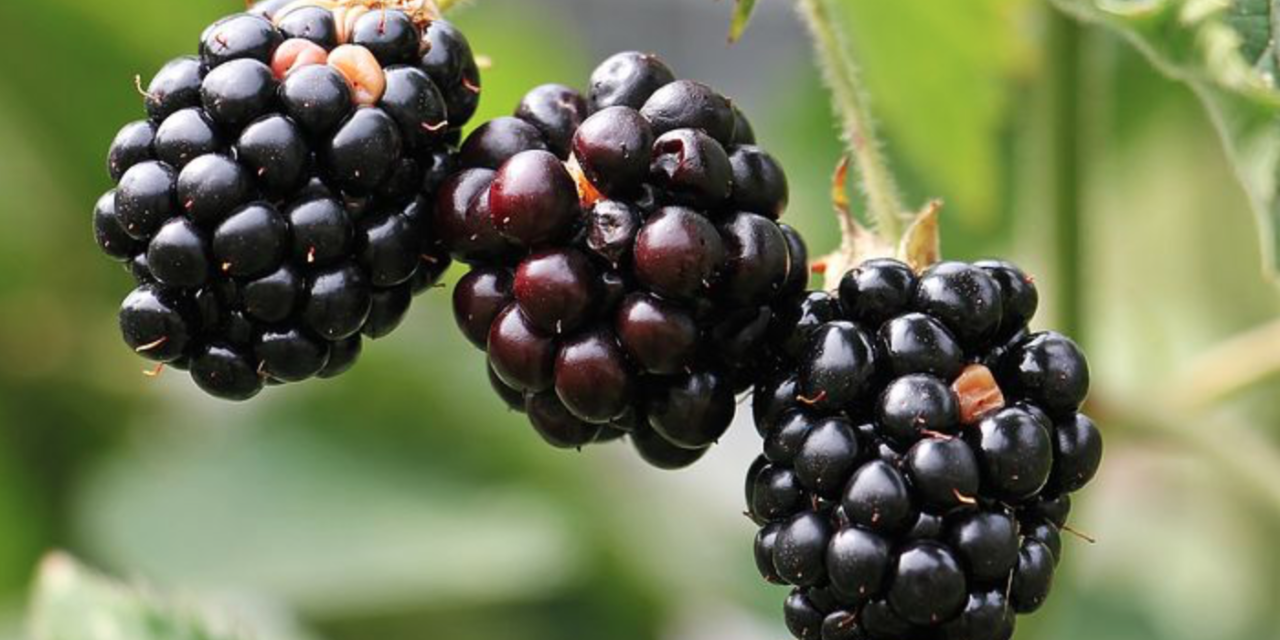For years, nationally, there’s been an “un-lawning” movement going on – turning city lawns into dense, food-producing patches of land.
Now the Guilford County nonprofit Guilford Urban Farming Initiative and St. Philip African Methodist Episcopal Zion Church in Greensboro are working together to create a small farm that will be known as the St. Philip Garden of Peace and Community Farm.
The project is a collaboration between those two and other community organizations that are attempting to address the issue of food insecurity in the area.
The Garden of Peace will include an “edible landscape,” a greenhouse, open in-ground vegetable plots, medicinal herb gardens, a children’s garden, an area for cut flowers, a pollinator habitat, a section for perennials like blackberry and blueberry bushes – and for Witch Hazel and Serviceberry trees.
The “groundbreaking/un-lawning” ceremony will be at the church at 1330 Ashe St. In Greensboro on Saturday, Feb. 27 at noon.
According to a Monday, Feb. 22 press release from the project organizers, the small farm will rely on “community engagement, partnerships and sustainable practices.”
The goal of this urban farm and other miniature farms like it is to take an underused plot of land and transform it into something that improves “nutritional food access, health conditions and environmental justice for the community.”
St. Philip Garden of Peace and Community Farm will also be used as a place to educate people about good nutrition and the importance of fresh foods for both physical and mental health. It’s also meant to show people “how to combat chronic diseases, all while creating an attractive, community gathering space.”
For more information – or if you want to get involved with this or a similar project – you can contact Paula Sieber, the executive director of Guilford Urban Farming Initiative, at 336-404-2222 or at Letsbegufi@gmail.com.


Ah, so. Confucius, he would be proud. Also, all other Chinese Communists.
The verbiage of this doomed project is so reminisecent of of the silly little PC grocery store on Phillips Avenue, which lasted a year or two before it flopped.
“Environmental justice for the community”… What does that crap even mean?
BS project from BS people.
A place to grow some weed(s), translate as you wish, and to be in harmony with Muva Erf. If you harvest some and set it on fire the stinky green clouds equals environmental justice. Its a rare occurrence in Greensboro to up to a stop light or drive thru and not smell the crap.